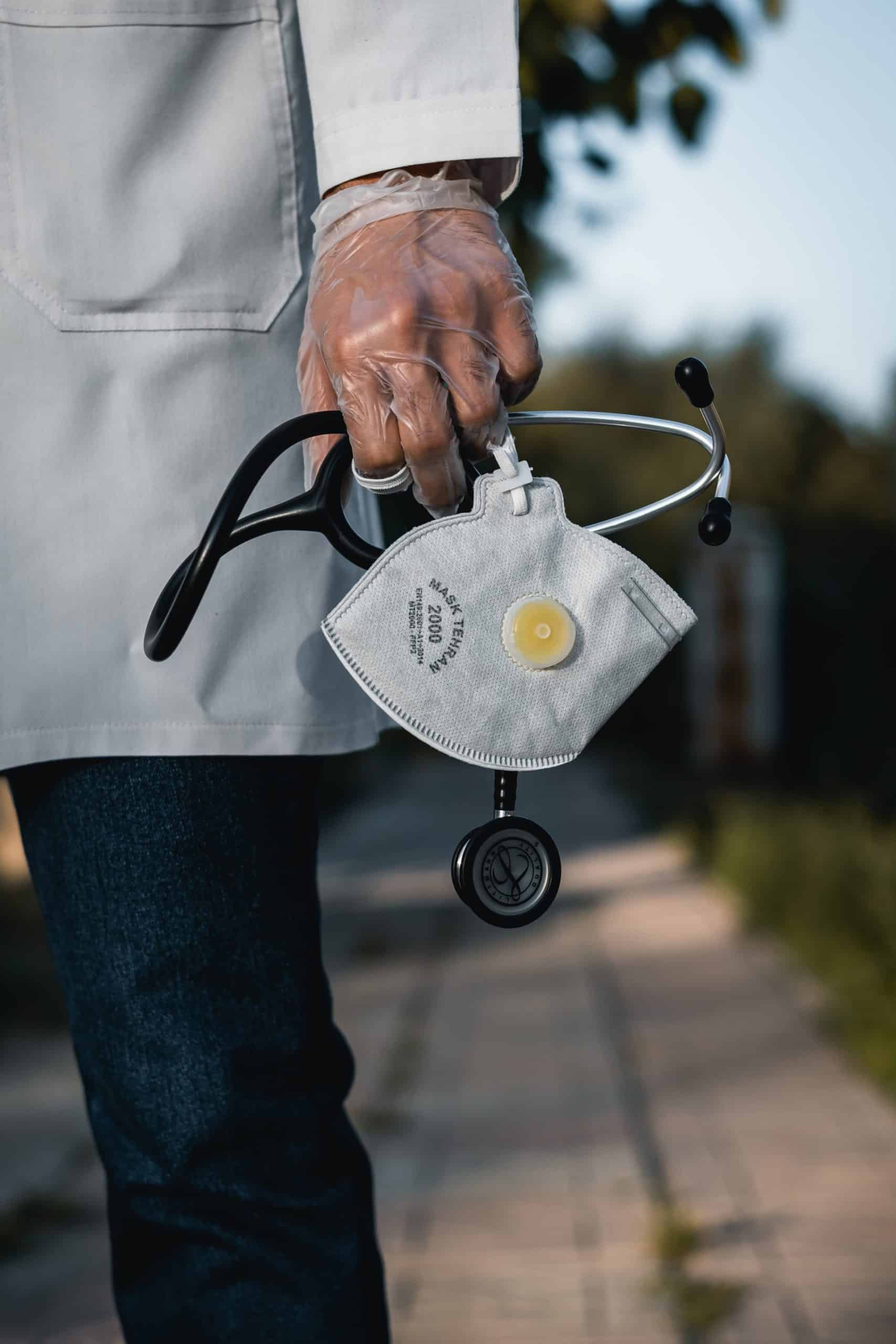People go to doctors to find treatment for any health problem they have. For any doctor to prescribe the proper treatment for any patient, they would need to diagnose them first to determine what exactly their issue may be. Once they have the right diagnosis, they can start offering their patients a treatment protocol to follow to feel better.
However, if the doctor misdiagnoses a case, they may prescribe the wrong treatment plan and cause the patient more harm than what they originally suffered from. Here is how you can reduce the risk of getting a wrong diagnosis from your doctor to ensure you get the right treatment.
IMAGE: UNSPLASH
Share Your Medical History
The first step towards getting an accurate diagnosis from your doctor has to be sharing all the relevant information you have with them. You would need to tell them about all the symptoms you are experiencing as well as any medical history you may have even if you do not think it is relevant. It is also vital that you know your family medical history as that can hold a lot of necessary leads that can help with your diagnosis.
Even if you have mentioned your medical or family history to your physician in previous sessions, do not expect them to remember all the details so you should always make sure you share those details every time you go for a doctor’s visit.
Ask Questions
Patients often expect their doctors to ask all the questions and simply wait for a diagnosis. However, by asking questions yourself as a patient, you may actually be helping your doctor make a more accurate diagnosis. Doctors who work in big states like Washington often see hundreds of patients daily. This often leads them to try and make their appointments as short as possible so that they can help as many patients as they can throughout their day.
However, that can also lead to them misdiagnosing some cases and ending up facing severe consequences. Patients who find themselves in similar situations should always look for a medical malpractice lawyer in Washington DC to get their full legal rights. To avoid any misdiagnosis caused by rushed appointments, you should always make sure you ask your physician any questions that you may have about your case and not leave until you are satisfied with the answer.
Write Down Your Symptoms
One of the leading causes of misdiagnoses is that patients do not tell their doctors about all their symptoms. This can be a result of them forgetting what the symptoms were or not even realizing something is a symptom at all. To avoid this issue and work towards an accurate diagnosis and treatment, make sure you write down any symptoms or physical changes you notice that might be of any relevance to your case.
Even if you notice any symptoms that you may not believe to be relevant to the condition you are having, write them down anyway and share that information with your doctor as it can all be relevant in the end.
Bring in Medications
If you are on any type of medication, even if it is a non-prescribed drug or vitamin that you consume to improve your health in any way, your doctor should know. Whether your medication is prescribed for a particular health condition or if you take over the counter drugs, anything that enters your body could affect your diagnosis.
That is why it might be wise to bring in any medications you are taking to the doctor’s office when you are trying to get a proper diagnosis. The medical professional would then be able to determine if the medications you are on have any relevance to your medical issue or not and can give you a more accurate diagnosis.
Get A Second Opinion
Doctors are also humans who can make mistakes. Sometimes they would see a case and diagnose it in one way, while it could be something completely different. By getting more than one doctor’s opinion, especially if you visit experienced specialists, you would be able to ensure you are, in fact, being diagnosed correctly. If they all agree on a similar diagnosis, then you can be certain you are on the right treatment track.
Whenever people visit doctors, it is to get relief for any health concerns they may have. Nobody ever expects to go to their physician and leave with more damage than benefit. To make sure you get the relief you are looking for and help your doctor diagnose your case accurately, make sure you give them all the details they need about your symptoms and any family or medical history. Take a second opinion if you want to be certain of your diagnosis and never be shy of asking questions.
If you are interested in even more lifestyle-related articles and information from us here at Bit Rebels, then we have a lot to choose from.


COMMENTS